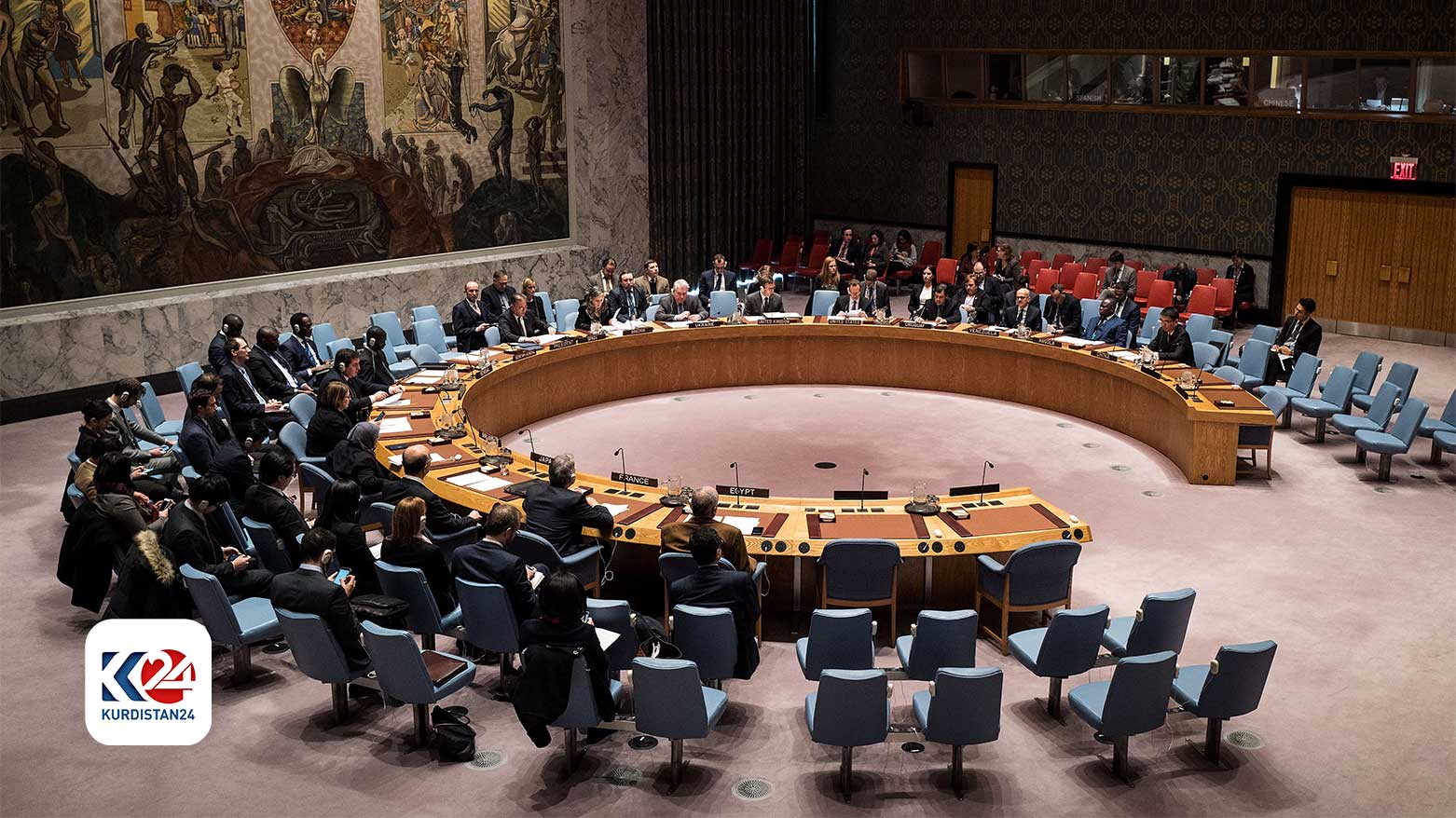Experts warn government's move to cancel UN Mission could harm Iraq's stability
While Iraq maintains the mission’s time has passed, experts caution that the absence of UNAMI could have extensive consequences for Iraq’s democratic path and its international standing.

Dec. 21, 2024
ERBIL (Kurdistan 24) – Iraq's government has repetitively called for the termination of the United Nations Assistance Mission for Iraq (UNAMI), referring to assertions that the mission has failed to achieve its duties and that Iraq no longer needs its presence.
However, experts caution that such a step could carry considerable negative repercussions for Iraq's democratic framework and political stability.
The question of whether the end of UN mission in Iraq will be permanent or not has caused debates throughout Iraqi civil society.
In the meantime, Baghdad maintains its initial stance which is bringing about an end to the UNAMI mission.
Observers, nevertheless, argue that while the mission's performance could be criticized, the complete removal of UNAMI could be disadvantageous.
Rather, the observers propose reforming or changing the mission's leadership to address perceived shortcomings.
“The Iraqi government considers that it gave the United Nations greater powers than it should have, and now it strives for a way to reject its presence,” political analyst Abbas al-Jubouri told Kurdistan24’s Seif Ali.
He added by saying that such decision “will eventually create problems for Iraq,” highlighted that, “The Security Council could consider addressing the mission’s weaknesses by either changing its leadership or altering its mandate.”
Impacts on Democracy and Civil Society
There are also concerns that the departure of UNAMI could impact Iraq's international image as a democratic state.
Salah Boushi, another observer of Iraqi political affairs, said that, “The mission’s presence reflects Iraq’s commitment to democratic values and cooperation with international organizations.”
“Ending the mission may cast a negative light on Iraq and disrupt political stability,” he warned.
Civil society organizations also voiced concern that ending UNAMI’s mandate may indicate broader restrictions on their operations, possibly weakening democratic practices within the country.
Government’s Perspective
In a letter to the UN Security Council in May 2024, Iraqi Prime Minister Mohammed Shia al-Sudani emphasized Iraq’s improvement in political and security stability, stating that the country has surmounted major challenges since the mission's establishment in 2003.
The Iraqi Premier claimed that the reasons for a political mission no longer exist.
During a meeting with the former UN Secretary-General’s Special Representative for Iraq, Jeanine Hennis-Plasschaert, al-Sudani repeated his government’s position, stressing Iraq’s achievements in governance and security as grounds for the decision.
UN Security Council Decision
On May 31, 2024, the UN Security Council unanimously decided to extend UNAMI’s mandate for a final period of 19 months, until Jan. 31, 2025.
Following that date, the mission, which has been operational for over 20 years, will end its work.
Established in 2003 following the US-led liberation of Iraq from the tyranny of Saddam’s regime, UNAMI’s mandate has progressed to include supporting Iraq’s government in political dialogue, national reconciliation, elections, and security sector reform.
A strategic evaluation of the mission in 2023 endorsed transferring its tasks to national authorities in a gradual manner.
While Iraq maintains the mission’s time has passed, experts caution that the absence of UNAMI could have extensive consequences for Iraq’s democratic path and its international standing.
